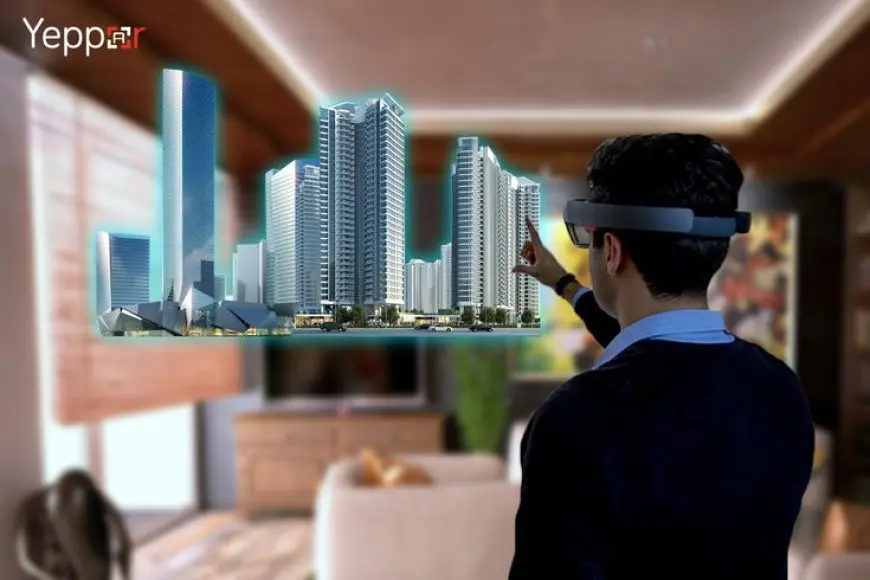"How VR is Revolutionizing Real Estate"
"How VR is Revolutionizing Real Estate"

Virtual reality (VR) is transforming industries worldwide, and real estate is no exception. By offering immersive, interactive experiences, VR technology has revolutionized how properties are marketed, sold, and even designed. For buyers, sellers, and developers alike, VR provides innovative tools to streamline processes, save time, and enhance decision-making.
Virtual Property Tours
One of the most impactful applications of VR in real estate is virtual property tours. These allow potential buyers or renters to explore properties from the comfort of their homes. Unlike static photos or videos, VR tours provide a fully immersive experience, enabling users to move through a space as if they were physically present. This not only saves time for both buyers and agents but also makes long-distance property searches more practical and engaging.
Customization and Staging
With VR, developers and real estate agents can virtually stage properties, showcasing fully furnished spaces without the cost or effort of physical staging. Prospective buyers can visualize different furniture layouts, color schemes, or interior designs tailored to their preferences. This personalization helps buyers connect emotionally with the property, making it easier to imagine themselves living there.
Pre-Construction Visualization
For properties that are still under construction or in the planning stages, VR offers an unparalleled advantage. Developers can create detailed 3D models of upcoming projects, allowing buyers to virtually "walk through" spaces before they are built. This capability is especially useful for off-plan sales, as it provides a realistic view of what the final product will look like.
Improved Accessibility
VR democratizes access to real estate, making it easier for individuals with mobility issues or those located far away to explore properties. It also opens up opportunities for international investors who may not have the time or resources to travel for property viewings. By breaking down geographical and physical barriers, VR ensures that properties reach a wider audience.
Training and Development
Beyond property marketing, VR is also being used to train real estate professionals. Virtual environments can simulate client interactions, negotiations, or even emergency scenarios, providing agents and developers with valuable hands-on experience. This technology enhances skills and ensures better service delivery in the competitive real estate market.
Challenges and Future Potential
While the benefits of VR in real estate are clear, there are challenges to widespread adoption. High development costs for VR content, the need for specialized equipment, and the technical expertise required can be barriers for smaller agencies. However, as VR technology becomes more affordable and accessible, these obstacles are likely to diminish.
Looking ahead, the integration of VR with other technologies such as artificial intelligence and augmented reality could further enhance its applications in real estate. Smart VR tools could analyze user preferences and suggest properties or designs tailored to individual tastes, creating an even more personalized experience.







